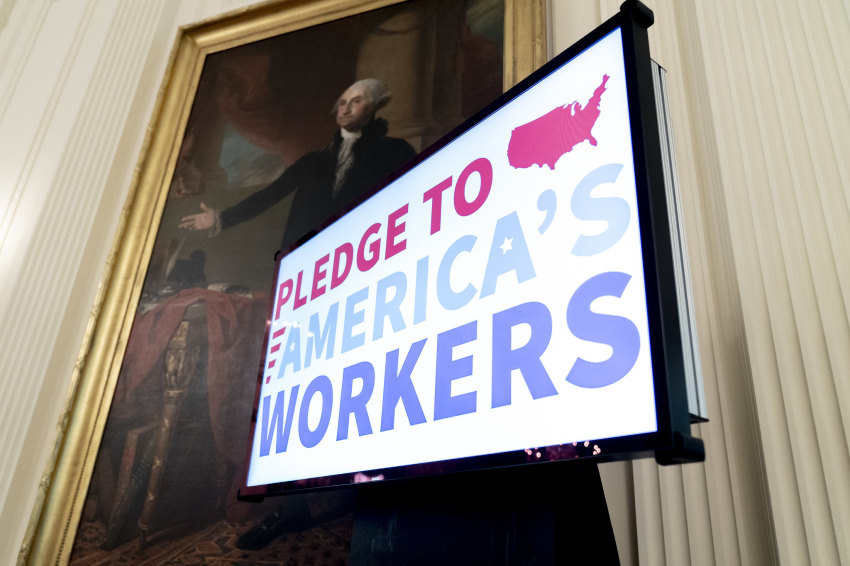More Americans see coronavirus as a bigger threat to the economy than health: poll

While nearly 90% of all Americans see the new coronavirus as a major threat to the U.S. economy, far fewer, 67%, see the virus as a major threat to public health. And among Republicans, major concern about the virus drops to less than 50%, according to a new survey from the Pew Research Center.
The survey, published just a day after President Donald Trump warned the coronavirus pandemic in the U.S. will likely “get worse before it gets better,” shows that while Americans may be politically divided in how they view the threat of the virus on public health, there is nearly equal concern among both Republicans and Democrats about its threat to the economy.
In the survey, conducted July 13–19, 86% of Americans — including 88% of Democrats and 84% of Republicans — said they view the coronavirus as a major threat to the U.S. economy.
Lower-income adults were also much more likely than middle- and upper-income earners to see the virus as a major threat to their own health and finances. The survey showed that 55% of lower-income adults said COVID-19 is a major threat to their finances, compared with 32% of middle-income adults and 24% of upper-income adults.
The survey comes as Raghuram Rajan, a professor of finance at the University of Chicago’s Booth School of Business, warned in a CNBC report Wednesday that the economic hit from the pandemic will be here for a long time.

Many of the small businesses that closed in March, he said, are not going to reopen even when the situation improves.
“I think the hit is going to be with us for a long time,” Rajan, who was also the former governor at India’s central bank, said.
“As this goes on, more and more businesses find that a long period without revenue, but high cost, implies that they simply don’t have a chance, and they’re closing down,” he noted.
On Wednesday, Sen. Rand Paul, R-Ky., who is also a physician, told the “Fox News Rundown" podcast that he thinks the coronavirus lockdowns were “a big mistake,” as they haven’t done much to quell the spread of the virus but have damaged the economy.
“We've seen surges in coronaviruses in the midst of lockdown,” Paul said, adding that “New York had a lockdown and had 30,000 people die.”
“New York had the worst death rate of any place in the world amid a lockdown, so perhaps a lockdown didn't do any good, and perhaps a lockdown killed our economy but didn't do anything to stem the tide of the virus,” he said. “So I see nothing to be admired in New York’s lockdown.”
“I see a mountain of people who died, particularly in the nursing homes,” Paul explained. "I don't think the lockdown did them any good. I think it killed the economy, but didn't do any good for trying to contain the virus.”
While 85% of Democrats and those who lean toward the Democratic Party say the coronavirus is a major threat to the health of the U.S. population, only 46% of Republicans and those who lean Republican see it that way, according to the Pew survey. A nearly equal number of Republicans, 45% say it is a minor threat.
“We need to put it in context, under age 45 this disease [COVID-19] we're looking at is less dangerous than the seasonal flu,” Paul told the “Fox News Rundown" podcast.
“Above age 45, it's more dangerous than the seasonal flu. If you're in your 80s and you're in a nursing home, we need to do all kinds of things to try to protect you, but I don't think that involves shutting down the economy,” he said. “I think that involves other precautions.”
The Congressional Budget Office recently projected that the coronavirus pandemic would shrink the size of the U.S. economy by about $8 trillion over the next decade, according to a report in The Washington Post.



























